Organized labor unions in Nigeria have taken a stand against the recent increase in electricity tariffs by the federal government, opting to picket power sector operators. This move has sparked discussions about the state of Nigeria’s economy, particularly regarding investor sentiment in the foreign exchange (FX) market.
In this article, we delve into the perspectives shared by labor analyst Chik Mbonu and the Central Bank of Nigeria (CBN) Governor, exploring the implications of these developments.
Understanding Investor Sentiment in Nigeria’s FX Market
Mr. Mbonu elucidates the two main classes of investors: foreign portfolio investors and foreign direct investors. While the former seek short-term opportunities, the latter engage in long-term investments, contributing to the country’s economic landscape. However, challenges arise in repatriating funds due to FX market instability.
CBN’s Role in Enhancing FX Market Stability
The CBN Governor’s policies aim to bolster investor confidence by stabilizing the FX market. This entails attracting foreign investments, thereby bolstering reserves and fostering market liquidity.
Mr. Chika Mbonu acknowledges the Governor’s efforts in adjusting interest rates, making Nigerian investments more appealing to foreign portfolio investors.
Critique of CBN’s Regulatory Direction
Despite CBN’s initiatives, concerns have been raised, notably by Fitch Ratings, regarding the regulatory direction’s impact on economic growth. The cancellation of forward positions due to unmet demands underscores challenges in the banking sector, compounded by broader economic instability.
Inflation and Monetary Policy Challenges
Mbonu highlights inflation as a pressing issue, suggesting potential policy adjustments by the Monetary Policy Committee (MPC). However, he emphasizes the limitations of monetary tools and calls for a collaborative approach between fiscal and monetary authorities to address underlying inflationary factors.
Labor Unions’ Protest in the Power Sector
Labor unions’ decision to picket power sector operators reflects ongoing dissatisfaction with privatization efforts. Despite government initiatives, challenges persist in improving the power supply, leading to frustration among citizens. Chika Mbonu advocates for a strategic approach, urging collaboration between stakeholders to enhance sector performance.
Conclusion
As Nigeria navigates economic challenges, including FX market stability and labor unrest, a multifaceted approach is essential. Collaboration between regulatory authorities, investors, and labor unions is crucial for sustainable growth. While criticisms persist, the commitment to addressing systemic issues offers hope for a brighter economic future.
The intersection of labor protests and FX market dynamics underscores the complexities of Nigeria’s economic landscape. As stakeholders engage in dialogue and action, the path toward resilience and prosperity becomes clearer.





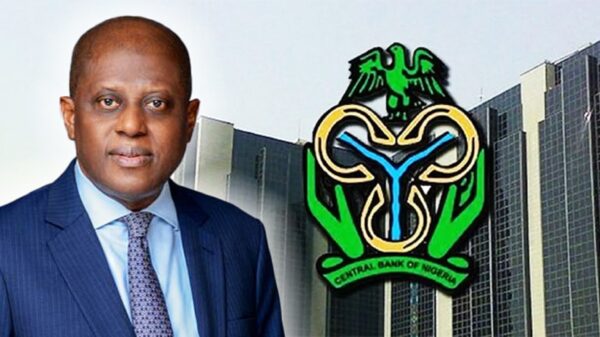






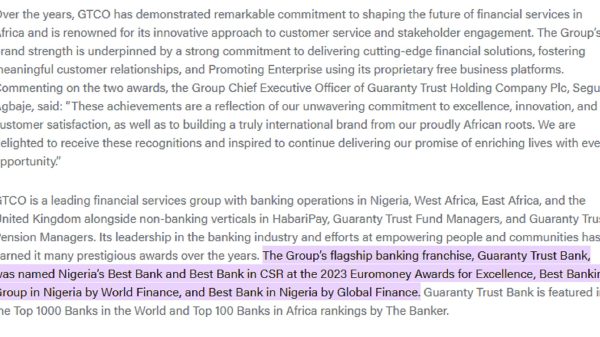



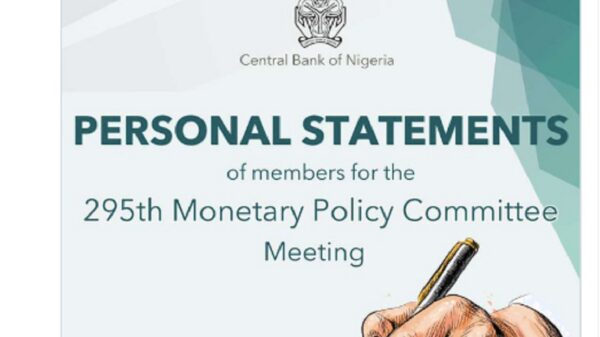



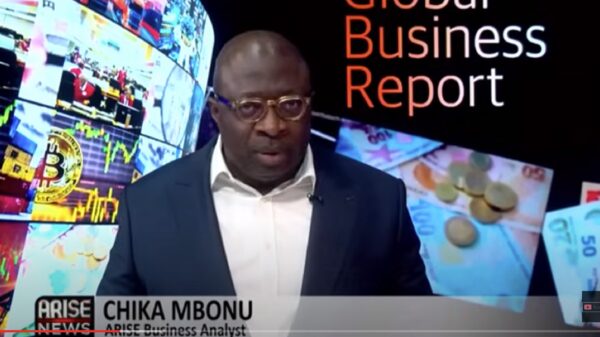




























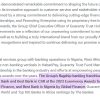



You must be logged in to post a comment Login